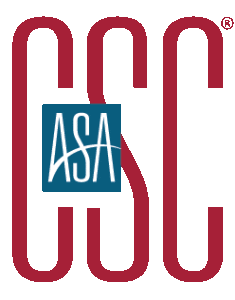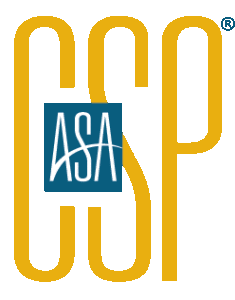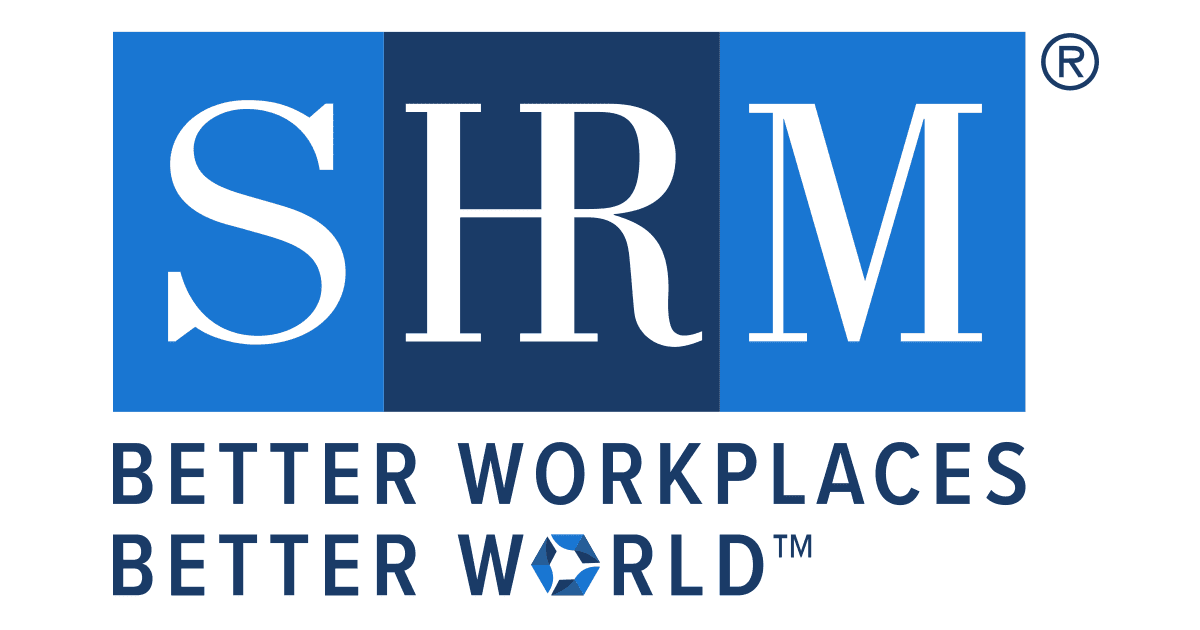Replacing, upskilling, and reskilling are all hiring trends in response to job vacancies within an organization. Additionally, upskilling employees can offer high-performers a path to company advancement.
What is upskilling?
Upskilling refers to training and development programs offered to an employee to improve their current skill sets. Reskilling is similar– instead of providing training on skills relevant to their current role, reskilling is training on an entirely new skill set. This type of training is best for hard-working employees who may be suitable for a position in the company that is different from their current one. Upskilling and reskilling are intelligent tactics to improve an employee’s standing in the company, but they only work if the employee is willing to put in the effort. Additionally, upskilling employees show them the company is willing to invest in them, demonstrating their value.
If an employee isn’t meeting job expectations due to a lack of effort, it’s time to consider replacing them. It’s only worthwhile investing in training and development programs for employees who will take advantage of the opportunity to better their skill set. However, sometimes, employees come across as lacking effort when they feel defeated because they lack the skills they need. Upskilling and reskilling in these scenarios do work– it will involve a few serious conversations with the employee and their supervisors to make this decision.
Sometimes, upskilling employees is relevant when considering rehiring or promoting current employees. Rehiring may be a good fit if:
- The former employee left the company voluntarily because of a temporary life condition (moving, marriage, pregnancy) that will no longer be a barrier to their work at the company;
- The former employee expresses pleasure and hope at the idea of being able to return;
- The former employee has gained valuable experience in other related vocational areas before applying to return;
- The current team will welcome the former employee back with open arms.
Upskilling and reskilling a rehired employee is especially helpful when the employee wants to return to a new or slightly different role.
Determining whether to fill a role internally or externally
When determining whether to upskill a current employee, rehire a previous employee, or hire from the outside, evaluating the organization’s current goals is essential. Is your company undergoing an evolution or revolution? In other words, is your company trying to change progressively or make a more radical or comprehensive
change? Unless the open position requires particular experience or skills, offering upskilling and reskilling to current employees is more effective than hiring new employees.
Why is upskilling employees more effective?
The answer is simple: it displays loyalty to the organization’s employees. Investing in your good employees makes them more likely to invest in the company. Plus, rehiring or upskilling fills an open position with someone who already understands the mechanisms and culture of the company, allowing for quicker integration into the new role. This creates a positive feedback loop that cultivates a healthy and positive company culture. Often, people can get bored in their roles, leading them to seek new responsibilities, professional development, and more ownership of tasks. Upskilling and reskilling promote a positive working environment.
Factors to Consider
When deciding between upskilling employees, rehiring, or hiring someone brand new, there are a few factors to consider. For example, your current staff must be willing or able to commit to upskilling. If they are not excited about it or not technically able to grow into new roles, it would be necessary to hire externally.
Sometimes, this is where rehiring is especially beneficial: they may be more willing or able to return to a new role, but they also already understand the company culture. They are also likely to view upskilling and reskilling opportunities as a show of loyalty. Just be sure that the official job offer is clear on whether the previous time at the company will be honored, whether this will count as a new term, and what that decision means for employee benefit waiting periods and tenured employee perks. Like new hires, rehires should receive clear offer letters and job descriptions.
You should also determine the ability of the organization itself to provide adequate training for upskilling employees. Can the training be conducted entirely in-house? If not, do you want to send employees elsewhere for upskilling and reskilling, or
bring in a consultant in the field of expertise?. Finding innovative people excited about creating something new is vital to a successful evolution.
Assessing the right approach
Again, it’s essential to determine whether this is an evolution or revolution for the organization. For example, if your company is preparing to pivot into a non-adjacent market or radically changing the company culture, bringing in outside talent is the better choice. When making a revolution, you want to act quickly and efficiently, and hiring externally fits that bill. However, if your organization is evolving and growing into an adjacent space, rehiring, upskilling, and reskilling will be more effective.
Logistically, there are benefits to rehiring and offering internal promotions or role changes. Rehires and current employees won’t require as much training before starting handling their new role. Onboarding is often much more straightforward with rehires than with new hires. Rehires are already familiar with the company’s culture and policies, meaning training can focus on upskilling employees. Rehires and current employees may also have strong relationships with many coworkers and be ready to get to work. Upskilling or reskilling also delivers a positive message: the employer is generous, people-oriented, and focused more on the future than the past.
Upskilling and reskilling also make for innovative retention strategies, especially regarding rehires. Ceridian’s survey of 850,000 employee records found that “boomerang” employees,” or rehires, had a turnover rate of 35% as compared to the Bureau of Labor Statistics, which found a 57% average overall; in their findings, rehires were almost twice as likely to stay through their first three years back.
It’s critical to take a holistic approach to rehiring and upskilling. Employees retaining negative feelings toward the company or any current employees who left on bad terms should be replaced entirely. Regardless of the quality of a company’s upskilling and reskilling programs, a positive attitude toward the company and its job is vital to employees’ success. Upskilling employees only benefit the company if the employee is eager to learn.
How to replace an employee
Suppose your company determines no employees are willing or technically able to grow into a new role or that the ultimate goal is a revolution that requires utterly new talent. In that case, it’s better to hire externally. However, recruiting a hard worker suited for the position can be difficult. You must ensure the new hire is a good fit for the company culture, which can influence the speed of adapting to the change. Yet, if upskilling and reskilling genuinely aren’t a good option, one of the best ways to replace an employee is to hire a temporary worker via a staffing agency like Whitman Associates.
In a temp-to-perm position, you can see how potential employees perform before committing to them. This includes reviews of their performance, culture fit, and excitement for the company’s mission. By partnering with a staffing agency, you can find the best replacement for your business while cutting down time and effort in finding qualified candidates for the role.
The benefits of temporary staffing don’t end there; you could also invest in upskilling and reskilling another current employee for the role while a temporary worker fills in for a few months. Complete a staffing request form to get started hiring with Whitman Associates.
 Cynthia Uchendu is from the DC, Maryland, Virginia area. She is a Clinical Social Worker and provides therapeutic support to children suffering from mental illness. Cynthia is a firm believer of Jesus Christ, enjoys serving in ministry, spending time with friends and loved ones, and creating content on her YouTube channel. She also enjoys at-home self care practices, reading, and taking naps.
Cynthia Uchendu is from the DC, Maryland, Virginia area. She is a Clinical Social Worker and provides therapeutic support to children suffering from mental illness. Cynthia is a firm believer of Jesus Christ, enjoys serving in ministry, spending time with friends and loved ones, and creating content on her YouTube channel. She also enjoys at-home self care practices, reading, and taking naps.
 Cynthia Uchendu is from the DC, Maryland, Virginia area. She is a Clinical Social Worker and provides therapeutic support to children suffering from mental illness. Cynthia is a firm believer of Jesus Christ, enjoys serving in ministry, spending time with friends and loved ones, and creating content on her YouTube channel. She also enjoys at-home self care practices, reading, and taking naps.
Cynthia Uchendu is from the DC, Maryland, Virginia area. She is a Clinical Social Worker and provides therapeutic support to children suffering from mental illness. Cynthia is a firm believer of Jesus Christ, enjoys serving in ministry, spending time with friends and loved ones, and creating content on her YouTube channel. She also enjoys at-home self care practices, reading, and taking naps.




















